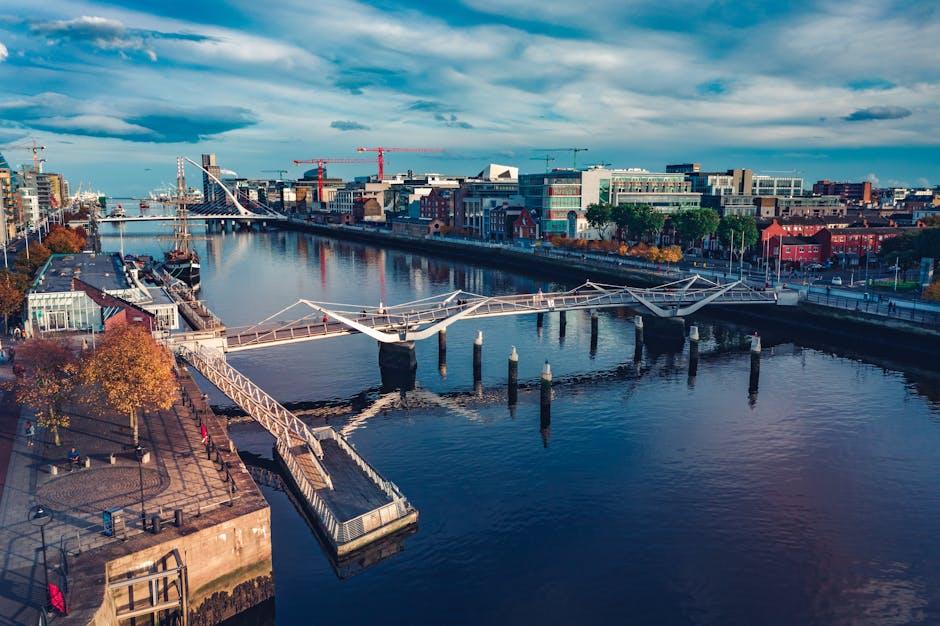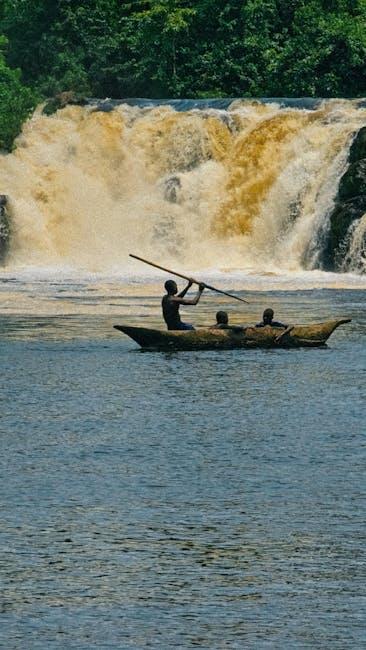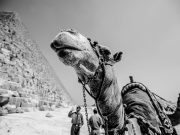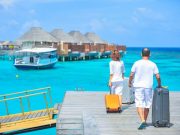In the vast tapestry of travel, Africa emerges as a continent of contrasts—where sweeping savannahs cradle a symphony of wildlife, and vibrant cultures pulse with age-old rhythms. Yet, for many prospective adventurers, the allure of an African journey is met with a pressing question: Are the travel packages designed for foreign visitors worth the price tag they carry? As travelers yearn to step into the heart of Africa’s untamed beauty, the debate over the cost of this experience unfolds, weaving together threads of economic realities, market dynamics, and the intrinsic value of a journey unlike any other. This article embarks on a quest to explore whether African travel packages are truly overpriced for foreigners, or if they offer an investment in memories that last a lifetime. Join us as we navigate this complex landscape, balancing on the tightrope between cost and value in the world of African travel.
Understanding the Pricing Dynamics of African Travel Packages
In recent years, African travel packages have garnered significant attention, with many questioning whether the costs reflect the true value offered. To comprehend the pricing structure, it’s essential to consider several factors that influence these costs. The complexity of logistics plays a substantial role; coordinating safaris, cultural tours, and luxury accommodations across diverse landscapes requires intricate planning and often, premium pricing. Additionally, the exclusive nature of certain experiences, such as private wildlife reserves or remote island retreats, inherently raises costs due to limited access and personalized services.
Several elements contribute to the perception of overpricing for international tourists. Among these are:
- Exchange Rates: Fluctuations can significantly affect the cost for travelers from different regions.
- Local Taxes and Fees: These are often embedded in the package price, adding to the overall cost.
- High Season Demand: Popular travel times can see prices soar due to increased demand.
- Unique Experiences: Activities like guided treks or cultural immersion tours come at a premium for their exclusivity.
Understanding these dynamics is crucial for travelers seeking value and ensuring that their investment in an African adventure aligns with their expectations and experiences.

Analyzing the Value Proposition for International Tourists
When considering the allure of African travel packages, it’s essential to dissect the components that contribute to their pricing structure. International tourists often find themselves enchanted by the continent’s unique blend of culture, wildlife, and natural beauty. However, the perception of these packages being overpriced can stem from several factors. Among these are the high costs associated with safaris, luxury lodges, and guided tours which often include personalized services, exclusive experiences, and the promise of safety in untamed landscapes. Additionally, the pricing is influenced by the logistics of operating in remote locations, which can drive up costs due to limited infrastructure and the need for specialized transportation and equipment.
Moreover, the value proposition extends beyond the price tag to encompass the intangible benefits of such experiences. Travelers often gain immersive cultural insights, authentic encounters with wildlife, and support for local communities through sustainable tourism practices. Here are some elements that enhance the value of these packages for international tourists:
- Personalized itineraries tailored to individual interests and preferences.
- Expert guides with extensive knowledge of the local flora and fauna.
- Access to exclusive locations and experiences unavailable to the average tourist.
- Contribution to conservation efforts and community development projects.

Exploring Cost Drivers in African Tourism
As we delve into the intricacies of African tourism, it’s essential to examine the various cost drivers that shape travel packages. One of the most significant factors influencing the pricing is the logistics and infrastructure involved in reaching remote and breathtaking destinations. Many of Africa’s most popular attractions, such as the Serengeti or Victoria Falls, require complex travel arrangements, including domestic flights, guided tours, and specialized transport. This logistical complexity often results in higher costs for operators, which can be reflected in the price of travel packages.
Another critical element is the conservation and community initiatives embedded within many travel experiences. Tour operators frequently contribute to wildlife preservation and support local communities, integrating sustainable practices into their offerings. While these initiatives are vital for the ethical development of tourism, they can also add to the overall expense. Key cost drivers include:
- Accommodation quality: From luxury lodges to eco-friendly camps, the spectrum of accommodation can significantly affect pricing.
- Seasonality: Peak seasons often see a surge in prices due to increased demand and limited availability.
- Exclusive experiences: Private safaris, guided cultural tours, and bespoke itineraries can add a premium to travel packages.
Understanding these factors provides insight into why African travel packages might seem overpriced to some, yet they often represent a blend of unforgettable experiences and essential contributions to conservation and local economies.

Strategies for Finding Affordable Travel Deals in Africa
Traveling to Africa doesn’t have to break the bank. Smart planning and research can reveal a treasure trove of affordable travel deals. Here are some strategies to consider:
- Leverage Local Operators: By booking directly with local tour operators, you can often find better prices and more authentic experiences. Local operators tend to offer more competitive rates than international agencies.
- Flexible Travel Dates: Flexibility with your travel dates can lead to significant savings. Off-peak seasons, such as the rainy season in East Africa, often come with discounted rates on flights and accommodations.
- Sign Up for Alerts: Subscribe to newsletters and alerts from airlines and travel websites. Many platforms offer exclusive deals and flash sales that can help you snag a bargain.
- Consider Group Tours: Traveling in a group can reduce costs significantly. Group tours often provide discounts on accommodations, meals, and excursions.
- Utilize Loyalty Programs: Join loyalty programs offered by airlines and hotel chains. Accumulating points can lead to free flights, upgrades, or discounted stays.
By adopting these strategies, travelers can explore the diverse landscapes and cultures of Africa without exceeding their budgets, making the journey as enriching as the destination itself.
The Conclusion
As the sun sets on our exploration of whether African travel packages are overpriced for foreigners, we find ourselves at a crossroads of perception and reality. Like the vast landscapes of Africa itself, the answer is not one-dimensional but rather a mosaic of experiences, expectations, and economic intricacies.
Travel, at its heart, is a bridge between worlds—a chance to discover the unfamiliar and to enrich one’s soul. For those contemplating a journey to the heart of Africa, it is essential to weigh the scales of cost against the tapestry of adventure and cultural immersion that awaits. In doing so, travelers must consider not only the monetary value but also the priceless memories that are woven into the fabric of such a voyage.
As we draw the curtains on this discussion, let us remember that the true worth of travel is often measured not in currency, but in the stories we gather and the connections we forge. Whether African travel packages are deemed overpriced may ultimately rest in the eyes of the beholder, as they chart their own course through this remarkable continent. the choice is as personal as the journey itself, leaving each traveler to decide what price they are willing to pay for the adventure of a lifetime.


































